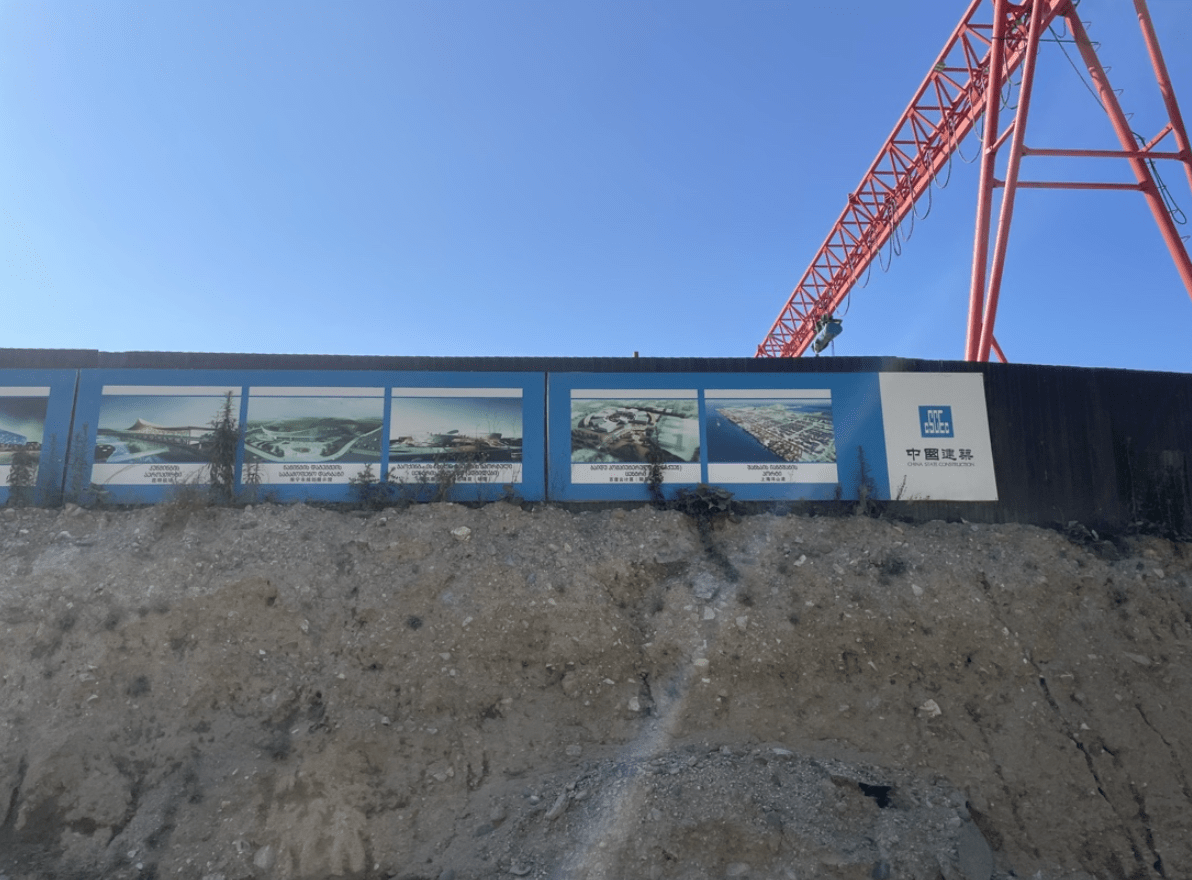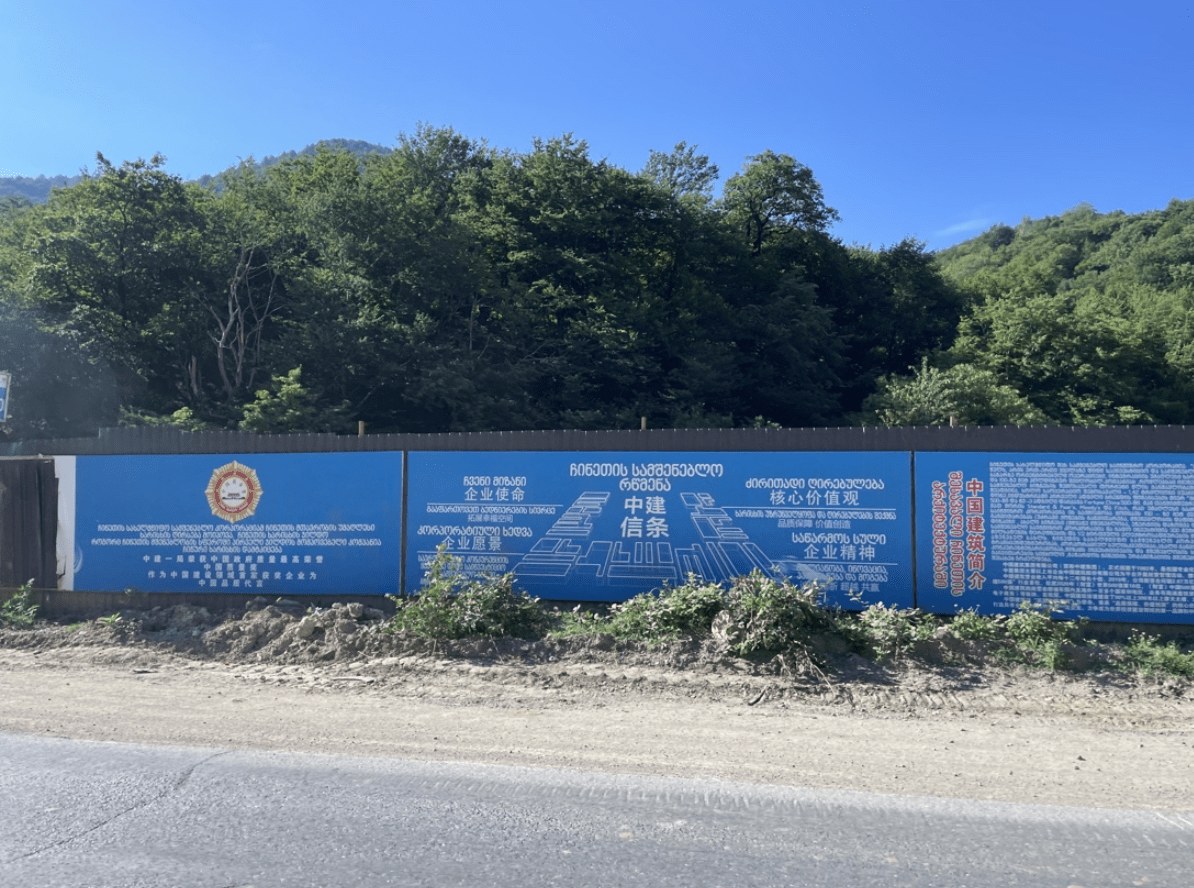Georgia is Improving Relations with China. Can it Still Balance with Europe?
Recent Articles
Author: Nicholas Castillo
03/07/2024
In recent years, Georgia has found itself increasingly at the crux of several different geopolitical forces. Long considered a pro-Western state, Georgia’s European Union (EU) ambitions remain one of the central issues of Georgian politics. However, China, a country that has not traditionally been a key actor in Georgian politics, is beginning to expand its activities with Tbilisi, leaving some to worry that the country may jeopardize its European Union accession ambitions. Georgia now sees China as a significant source of economic potential, while China, in turn, sees Georgia as key to developing the Middle Corridor transit route. This dynamic poses a dilemma for Georgia as it navigates between EU aspirations and deepening ties with Beijing, prompting apprehensions among some about the country’s foreign policy trajectory.
Following Georgia’s 2004 Rose Revolution, a series of large-scale protests that led to the ousting of former President Eduard Shevardnazde, Tbilisi was seen primarily as an American ally. Under President Mikael Saakashvili, who came to power after Shervardnazde’s resignation and led the country from 2004 to 2013, Georgia pursued Reagan-style economic reforms, cooperated closely with the North Atlantic Treaty Organization (NATO), and signed a strategic cooperation charter with the United States in 2009. Georgia likewise continually sought EU membership.
These days, however, Tbilisi is giving more attention to, and receiving more attention from, Beijing. Economic ties began to develop quickly in 2016, when China announced Georgia’s inclusion in the Belt and Road Initiative (BRI) and, a year later, the two countries signed a free-trade deal. Since then, economic relations have grown dramatically. By 2023, China had risen to Georgia’s fourth-largest trading partner, with trade between the two countries reaching $1.64 billion. That same year in July, Georgian Prime Minister Irakli Garibashvili surprised many by signing a Strategic Partnership agreement with China, further upgrading relations.
For its part, China has come to view Georgia as crucial to the Middle Corridor. Early in 2023, China’s ambassador to Tbilisi publicly endorsed the build-out of the transit path and stated that Chinese companies were ready to participate. Later that year, China and Georgia released a joint statement, noting the “development and strengthening of the Middle Corridor” as a key shared objective. This was followed up by another Chinese official endorsing Chinese involvement in Georgia’s long-running effort to establish a commercial port on the Black Sea coast at Anaklia. This all marked a turn in Beijing’s international approach, one that had long overlooked the South Caucasus. Today, drivers on Georgia’s main highway are likely to come across large infrastructure projects under the supervision of Chinese construction firms.


Credit: Nicholas Castillo, Photos Taken Summer of 2023 on Georgia’s Military Highway
Georgia and China have also become closer politically. State visits to China by top Georgian elites have become commonplace in recent years. Following the announcement of the strategic partnership in 2023, former Prime Minister Garibashvili referred to China’s economic and political model as "a new way and a new choice for humanity to achieve modernization.” Not only did this agreement herald stronger trade and investment relations by way of BRI and other programs, but it also confirmed Georgia’s involvement in the Global Security Initiative, Beijing’s preferred vision for global security. The agreement evidenced a broad political alignment that Tbilisi and Beijing are ready to “strengthen coordination and collaboration in regional and international affairs.”
Now, in 2024, the two countries appear set to continue improving ties. Georgia’s new Prime Minister, Irakli Kobakhidze, is viewed as a more pro-China figure than many in his party. In January 2023, he led another Georgian delegation to China, where he stressed economic and political cooperation and the building of ties between Georgia’s ruling party and the Chinese Communist Party (CCP). China likewise announced it would begin allowing Georgian citizens 30 days of visa-free travel on February 26.
Analysts, opposition politicians, and civil society members have warned that integration with China could create obstacles to Georgia’s hopes of one day joining NATO or the EU. Already, the fact that Georgia has refused to go along with EU-wide policy against Russia has provoked concern from EU officials. Georgia is seeking to improve relations with China at a time of worsening Sino-Atlantic relations. Just two weeks before the announcement of the Georgia-China strategic partnership this summer, NATO released its Vilnius Summit communique that stated the “People’s Republic of China (PRC) challenged the alliance’s interests, security, and values with its stated ambitions and coercive policies.”
In response, Georgian Dream party elites have attempted to pitch their growing ties with China as no threat to Euro-Atlantic integration. Kobakhidze’s new program, “Towards Building a European State,” for instance, references increasing ties with China alongside Western countries. Nevertheless, there is reason for long-term concern. Under the “Military-Civil Fusion” strategy, Chinese firms are obligated to share information with the CCP, including telecommunications companies that Georgia has sought to entice. This could make European firms wary about putting their own data at risk by doing business in Georgia. Furthermore, for several countries, BRI investments or other economic initiatives have served as precursors to security cooperation, a much larger concern for NATO members than economic activity.
For now, however, it appears that Tbilisi's interest in building ties with China has yet to draw much scrutiny from European Union leaders. Georgia gained EU candidacy late in 2023, and although the EU report on Georgia noted the unease surrounding Georgia’s lack of action on Russia, it did not criticize Georgia’s relationship with China. Furthermore, building economic ties with China has not been a strict taboo within the European Union. Sixteen EU member states – mostly poorer post-Communist states like Georgia – are members of the BRI (Although BRI is becoming more controversial as Italy’s departure demonstrates). It may not be the case, therefore, that Georgia’s acceptance of Chinese investment will be a major stumbling stone into the European Union.
To the extent that Georgia’s closeness to China is an issue for EU accession, it might largely be within the context of the EU’s stated concern over democratic institutions in Georgia. Civil society, opposition politicians, and Western media frequently report concerns over democratic backsliding in Georgia. Within that context, close political ties or complementary statements relating to China’s political system could cause some alarm in Brussels.
Recent years have seen a sizable improvement in ties between Tbilisi and Beijing. It now does appear that Georgia, long a staunch Western-oriented country, is fast developing what some analysts are calling an emerging multi-vector foreign policy – marked not only by cooperation with China, but also by Georgia’s refusal to take anti-Russian stances or smaller developments such as increased security cooperation with Türkiye. In terms of Georgia’s EU aspirations, however, ties with China in and of themselves have yet to cause serious disagreement between Tbilisi and Brussels.